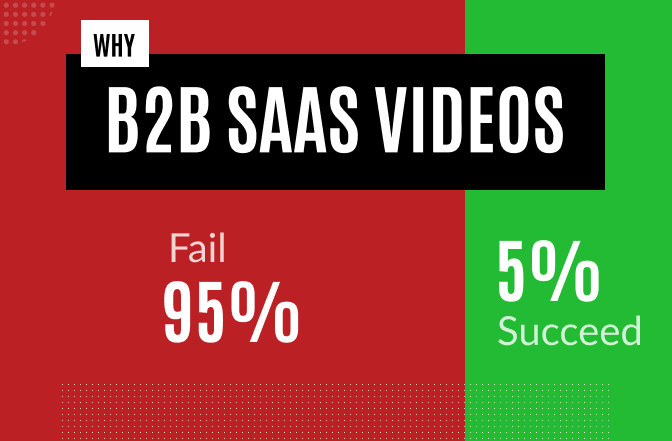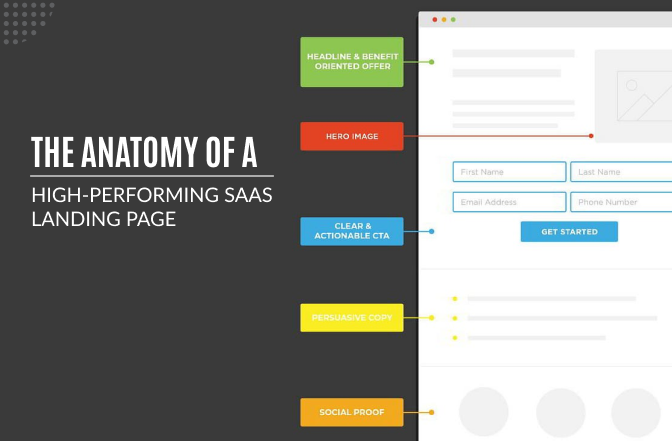In 2023, the debate between using Gutenberg and Elementor to build websites continues to be a hot topic in the world of web development.
While Gutenberg, the default WordPress editor, offers a more streamlined and simplified approach to creating content, page builders like Elementor provide a wider range of customization options and more advanced features.
This blog post will look closely at Gutenberg Vs. Elementor. We will compare their strengths and weaknesses, which will help you determine the best option for creating websites in 2023.
Gutenberg
Gutenberg is the default WordPress editor that was introduced in 2018. It is named after the inventor of the printing press, Johannes Gutenberg, as it aims to revolutionize how we create content on the web.
Gutenberg’s clean and intuitive interface makes it easy for users to create and organize content using a wide range of pre-designed blocks.
You can use these blocks to add text and images to embedding videos and create custom layouts.
One of the key advantages of using Gutenberg is its simplicity and ease of use. Unlike traditional WordPress editors, which can be confusing and cluttered, Gutenberg provides a more streamlined and intuitive experience for creating content.
Elementor
Elementor is a popular page builder plugin for WordPress that allows users to create custom, professional-looking websites without having to write any code.
With its drag-and-drop interface and extensive library of pre-designed elements, Elementor makes it easy for users to create beautiful and functional websites in a matter of minutes.
One of the key advantages of using Elementor is its flexibility and customization options.
Unlike Gutenberg, which is limited to pre-designed blocks, Elementor allows users to create unique and custom layouts for their websites.
Gutenberg vs Elementor: Which One is easy to install?
Both Gutenberg and Elementor are easy to install. Gutenberg is the default WordPress editor, which comes with the package of every WordPress installation.
To use Gutenberg, simply go to the “Plugins” section of your WordPress dashboard and activate it.
On the other hand, Elementor is a page builder plugin you can download from the WordPress plugin repository.
To install Elementor, simply go to the “Plugins” section of your WordPress dashboard, search for “Elementor,” and click “Install” to add the plugin to your website.
In terms of ease of installation, both Gutenberg and Elementor are equally easy to set up.
However, one potential advantage of Elementor is that it is a standalone plugin, so you can easily install and activate it on any WordPress website or get rid of it.
Gutenberg, on the other hand, needs to have WordPress installed to use it.
Verdict
So, if you are starting a new website from scratch, you may find it easier to use Gutenberg, as it does not make you install an additional plugin.
Gutenberg vs Elementor: What features do they have?
Both Gutenberg and Elementor are WordPress block-based editors allowing users to create and customize their website content easily. Below is a comparison of their features:
Gutenberg Features
- Block-based editing: Allows users to create and arrange content using customizable blocks, such as text, images, and videos.
- Responsive design: Automatically adjust the content layout to fit different screen sizes and devices.
- Reusable blocks: Allows users to save and reuse content blocks across their websites.
- Custom CSS support: Allows users to add custom CSS code to individual blocks to customize their design further.
- Support for third-party blocks: Allows users to extend the functionality of Gutenberg by using blocks created by other developers.
Elementor Features
- Drag-and-drop editor: Allows users to easily create and customize their content by dragging and dropping elements onto the page.
- Pre-designed templates: Provides users with a library of pre-designed templates that can be used as a starting point for their website.
- Responsive design: Automatically adjust the content layout to fit different screen sizes and devices.
- Custom CSS support: Allows users to add custom CSS code to individual elements to customize their design further.
- Support for third-party widgets: Allows users to extend the functionality of Elementor by using widgets created by other developers.
Gutenberg vs Elementor: Which one is easy to use
Gutenberg and Elementor both are user-friendly WordPress editors that help users to create and customize their website content.
Gutenberg uses a block-based editing system, which allows users to create and arrange content using customizable blocks. This approach makes it easy for users to add and rearrange content without writing code.
When you use Elementor as your page builder, you can use a live preview to see what is going on. Widgets are also easy to use. You just need to drag and drop the widgets on the live preview.
Overall, both Gutenberg and Elementor are easy to use and can help users quickly create and customize their website content without the need for any coding knowledge.
Learn how to build an eCommerce website from scratch with these simple, easy to implement tips
Gutenberg vs Elementor: Speed and Performance
The speed and performance of Gutenberg and Elementor can vary depending on several factors, such as the complexity of the content, the number of plugins and themes installed on the website, and the hosting environment.
In general, Gutenberg is relatively light as it is designed to be fast and efficient. It uses a block-based editing system, which allows users to create and arrange content using customizable blocks.
This approach can help improve the speed and performance of the website by reducing the amount of HTML code generated.
Elementor is also a fast and efficient plugin, but it may be slightly slower than Gutenberg due to its use of a heavy library.
Gutenberg vs Elementor: Price and Packages
Elementor has three pricing plans: Essential, Expert, and Agency.
The Essential plan, which costs $59 per year, includes all of the pro widgets, pro templates, themes, popup builder, and updates for one year. It also includes premium support. The Expert plan costs $199 per year.
On the other hand, Gutenberg is free for all.
Gutenberg vs Elementor: Who is the winner?
The choice between Gutenberg and Elementor (page builder) ultimately depends on your priorities and needs.
If you are looking for a free and budget-friendly option, Gutenberg is a good choice. However, if you want ultimate flexibility and a wide range of features and tools for designing your website, Elementor is the better option.
It is important to note that both Gutenberg and Elementor have unique strengths and can be helpful in different scenarios.










